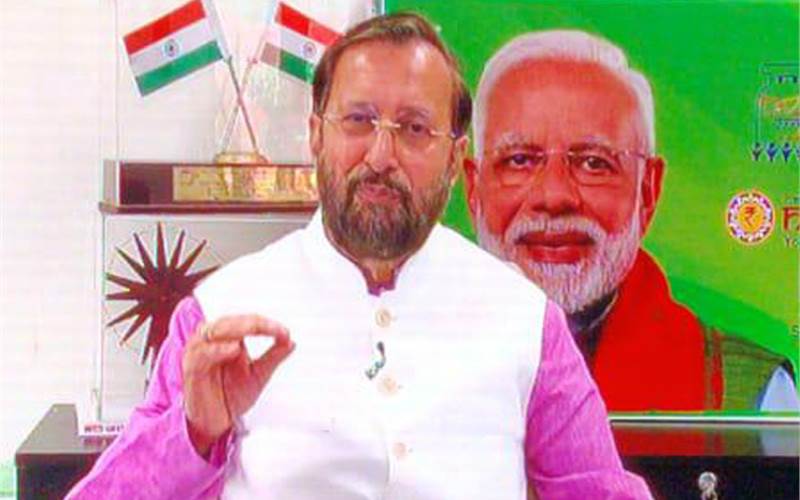Plastic waste management is crucial says minister Javadekar
Prakash Javadekar, the minister of environment, forest and climate change and minister of information and broadcasting addressed the issue of plastic waste management through a video message at the 8th Specialty Films and Flexible Packaging Global Summit in Mumbai.
28 Aug 2019 | By WhatPackaging? Team
Javadekar said, "Films and flexible packaging add value to storage and transport systems of goods and keep items in the right shape." He emphasized that plastic is not a problem. He added, it is the uncollected plastic that is the culprit and therefore we have to ensure that plastic gets collected and recycled.
He explained, "When the government formed the Plastic Waste Management rules that were notified in 2016, we have said that we won’t allow plastics below 50 microns. It was a thumb rule, but flexible packaging deploys thinner micron of films. Therefore we have proposed that under the extended producer responsibility (EPR), it is the responsibility of the producers to educate the users to dispose the waste in a regular collecting channel.
Javadekar observed that collecting and segregating flexible packaging waste at the dumpsite is difficult and hence it has to be done at the source itself. This requires education. In order to achieve this, he encouraged the manufacturer’s to share information about handling and disposal of waste. By doing this, he said, packaging can add value by imparting public education.
In his concluding remarks, Javadekar reassured the thousand delegates, "We are not banning anything, we want to ensure that plastic or any other waste gets collected, recycled, and enters into the circular economy."
During his BRICS ministerial meeting in Brazil, the minister said, "A massive public campaign will be launched engaging all stakeholders. A series of meetings will be held with all stakeholders including state governments to chalk out a concrete plan to make it a people's campaign to realise the ultimate target".
As per the presentation (quoting the UNEP 2018 report) at the 8th Specialty Films and Flexible Packaging Global Summit, nine per cent of the plastic is getting recycled, about 12 per cent incinerated and 79 per cent ends up in landfills.
Five steps to cope with single use plastics (SUP)

India needs to chalk out a robust roadmap to achieve freedom from SUPs
A definition of what is SUPs in India. (SUP has become polythene carry bags in India. As per the United Nation definition, this is not true)
The Union Ministry of Chemicals and Fertilizers committee was formed to define SUPs. The findings should be made public
According to the estimate by Central Pollution Control Board (CPCB) in 2015, 70% of plastic packaging products are converted into plastic waste. However only 47% of the plastic waste generated globally is from multi-layered packaging waste. Nearly half came from Asia. Multi-layered packaging cannot be exempted from ban since it doesn’t have an alternative. Therefore one needs to rethink for a packaging option which is economical, durable and available
Urgently required, R&D on packaging design plus eco-friendly options












 See All
See All